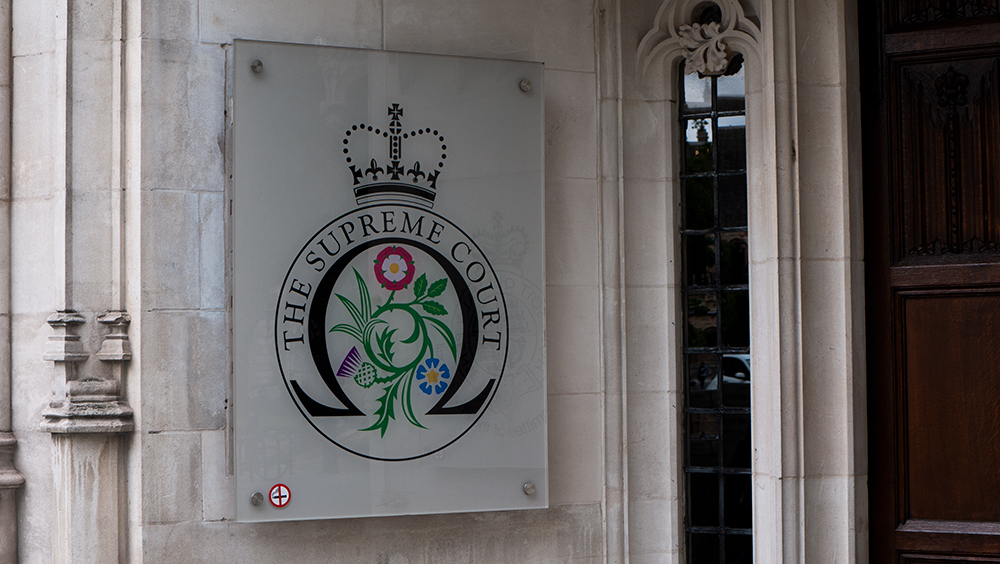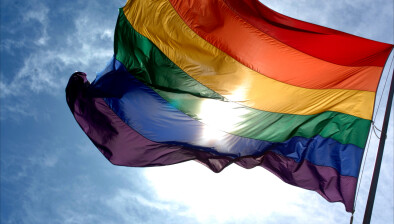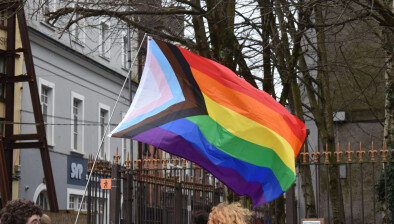UN experts warn UK could face another trans rights case in European Court of Human Rights

The UK could again face legal action at the European Court of Human Rights following a high-profile ruling on the definition of “woman” in equality legislation, a group of UN experts has warned.
The UK Supreme Court last month ruled unanimously that the word “woman” in the Equality Act 2010 refers to biological sex and does not include transgender women, regardless of whether or not they hold a gender recognition certificate.
Although the 2010 Act does not apply in Northern Ireland, the Equality Commission for Northern Ireland has said it is likely to be “highly persuasive” in Northern Ireland courts and tribunals and is therefore developing new guidance in light of the ruling.
Great Britain’s Equality and Human Rights Commission (EHRC) is currently consulting on an updated code of practice, but has also set out its view in an “interim update” of how the ruling affects workplaces, services that are open to the public, sporting bodies, schools and associations.
In a statement published yesterday, a group of 18 UN experts including special rapporteurs and working group members said the ruling “may be used to justify exclusionary policies that further stigmatise and marginalise an already vulnerable population, as well as human rights defenders working to protect and promote transgender rights”.
“We are deeply concerned that the application of this judgment may lead to increased discrimination and exclusion of transgender women in various sectors, including the workplace, at a critical time when employers should be striving to foster and maintain inclusive environments for all employees,” they said.
They said the interim update published by the EHRC could lead to situations where both trans women and trans men are barred from facilities aligned with their gender identity, or even excluded altogether.
“In effect, the ruling could produce precisely the outcomes its proponents claim to avoid: trans men in women’s spaces, trans women in men’s spaces, and no safe access for trans people at all,” they said.
“It is essential that the UK’s legal framework reflects the realities of people’s lives and upholds its human rights obligations.”
The experts recalled that the UK has previously been found in violation of the European Convention on Human Rights for failing to provide adequate legal recognition for trans individuals, leading to the adoption of the Gender Recognition Act 2004.
They warned that, without corrective changes to law and policy, the current ruling could lead to similar legal challenges being reopened.
The experts said: “The law must be clear, coherent, and consistent with international human rights standards. We urge UK lawmakers to act decisively to reform and align the legal framework in a way that ensures dignity, equality, and non-discrimination for all.”









